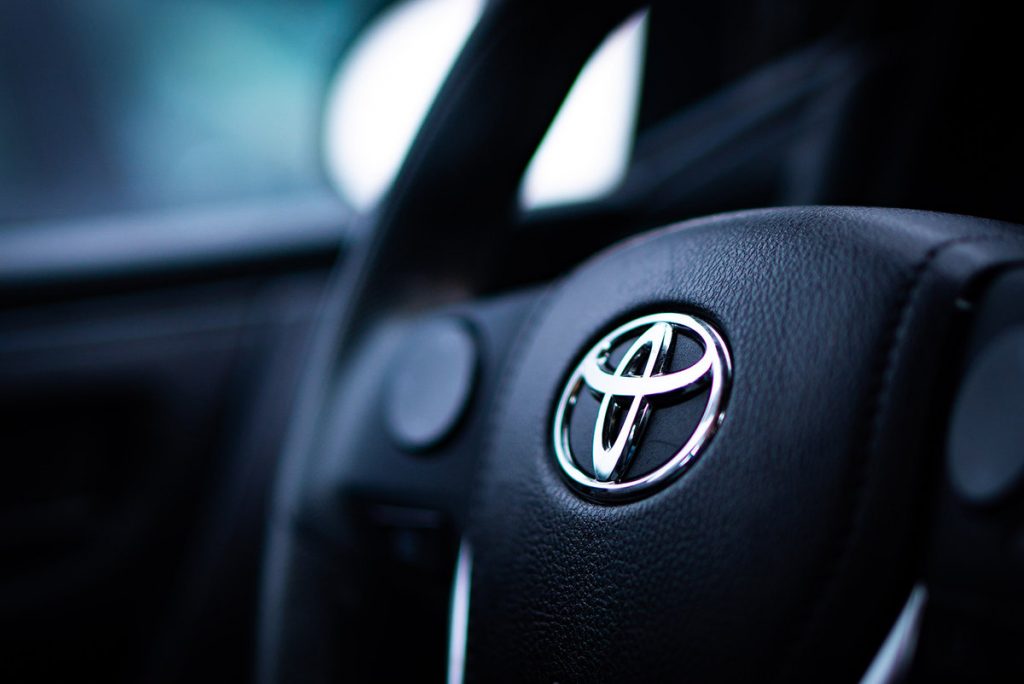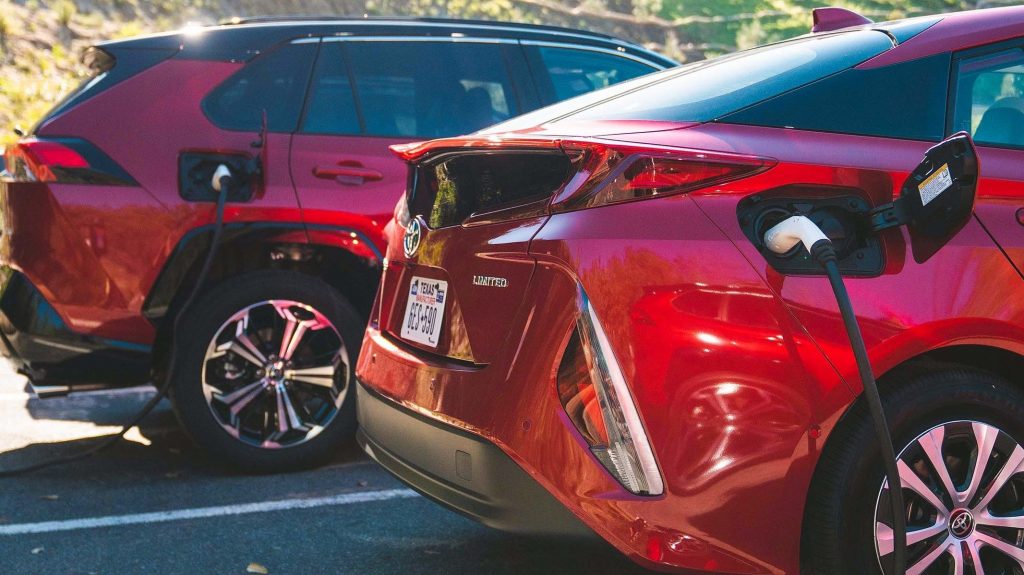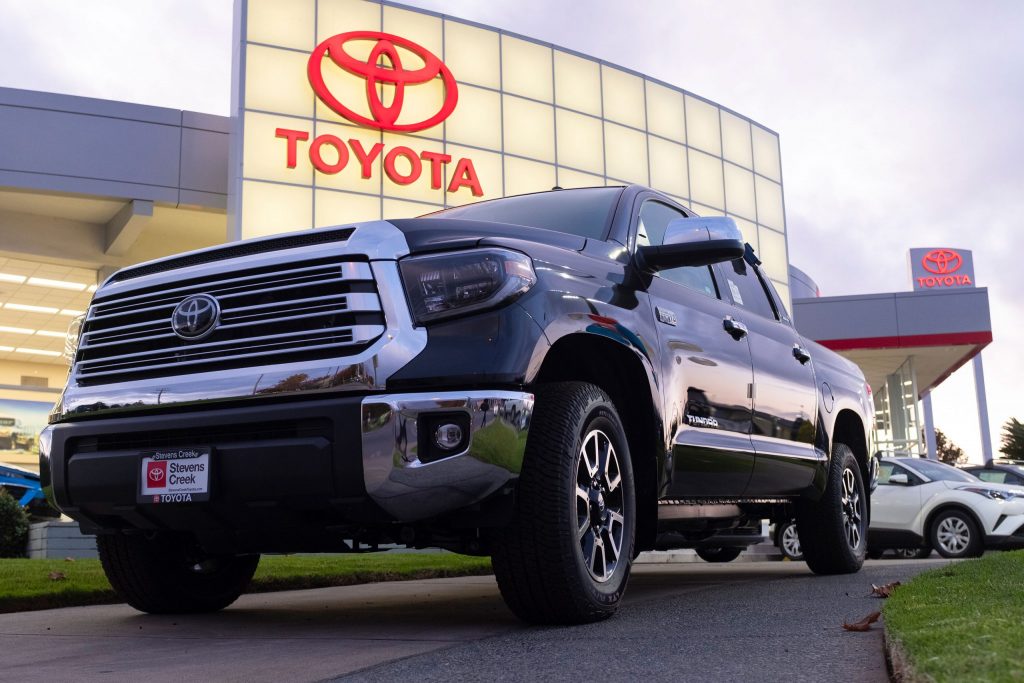Toyota is investing more than $35 billion in EVs to keep up with rival global manufacturers in the race to produce cleaner vehicles.
The world’s largest automaker said Tuesday that between 2022 and 2030, it would invest 4 trillion yen ($35.2 billion) in creating battery-powered electric vehicles to compete more seriously with Tesla, GM, and Volkswagen.

A big portion of the money will go into the batteries alone. The Japanese corporation will devote another half-trillion yen ($4.4 billion) to the technology, on top of the 1.5 trillion yen ($13.2 billion) already pledged.
Currently, the company only sells a few thousand battery electric vehicles annually. However, Toyota President Akio Toyoda stated that the company now expects to release as many as 30 new models by 2030, to sell 3.5 million such vehicles yearly. That would account for more than a third of the company’s global sales last fiscal year, which reached around 9 million vehicles.
Toyota expects 1 million global EV sales by 2030, with the Lexus premium brand playing a key role. By the end of this decade, Toyota wants all Lexus sales in Europe, North America, and China to be battery-powered electric vehicles globally by 2035.

While Toyota has been a pioneer in hybrid and even hydrogen fuel cell vehicles, it has been slower to enter the electric vehicle market than several other big automakers.
In the six months that ended in September, electric vehicles, including hybrid and fuel-cell automobiles, accounted for approximately 28% of the company’s sales. However, battery-powered electric cars constituted a small part of that, accounting for only 0.1 percent of overall sales.
The Prius, one of Toyota’s most known hybrids, was met with the same level of enthusiasm in the early 2000s. Other automakers were criticized at the time for not producing equivalent cars.
As he stood in front of more than a dozen electric vehicles on Tuesday, Toyoda described the new portfolio as “our showroom of the future,” adding that the firm wants to make its manufacturing carbon-neutral by 2035.
This pushes the company’s original aim of becoming carbon neutral by 2050, which means that its vehicles and manufacturing activities will emit no carbon dioxide into the atmosphere. Other automakers, including General Motors (GM) and Mercedes-Benz (DDAIF), have made similar promises.

“The future that we showed you today is by no means far away,” Toyoda told reporters, adding that most of the models shown Tuesday would be released over the next few years.
However, the competition is heating up. Volkswagen just announced a $100 billion boost in its electric vehicle budget. The German giant, which has long been neck and neck with Toyota in global sales, has indicated that it hopes to have sold 25% of its electric vehicles by the end of 2026.


